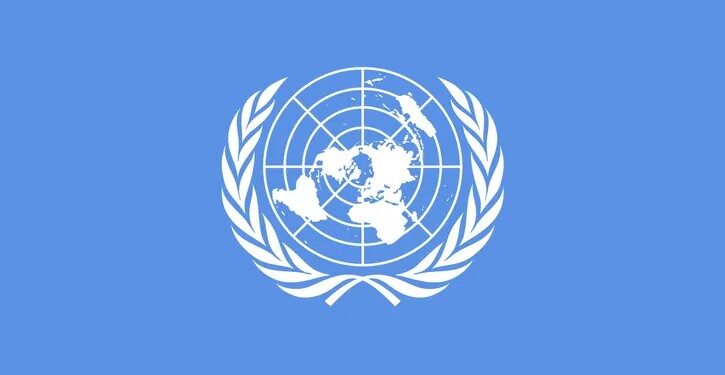The United Nations (UN) is the world’s largest and most significant international organization, established in 1945 in the aftermath of World War II. Its formation represented humanity’s collective determination to prevent future wars and foster global cooperation. Today, the UN has 193 member states and serves as the primary forum for international diplomacy and conflict resolution.
The organization is structured around six main organs: the General Assembly, Security Council, Economic and Social Council, Trusteeship Council, International Court of Justice, and Secretariat. The General Assembly acts as the main deliberative body where all member states have equal representation, while the Security Council, with its five permanent members (China, France, Russia, United Kingdom, and United States) and ten rotating members, holds primary responsibility for maintaining international peace and security.
The UN’s mission extends far beyond peacekeeping. Through its specialized agencies and programs, it addresses global challenges such as poverty, climate change, human rights violations, and public health crises. Organizations like UNICEF (United Nations Children’s Fund), WHO (World Health Organization), and UNHCR (UN High Commissioner for Refugees) work tirelessly to improve lives worldwide.
Some of the UN’s notable achievements include the Universal Declaration of Human Rights, the Millennium Development Goals, and their successor, the Sustainable Development Goals (SDGs). The organization has facilitated numerous peace agreements, provided humanitarian aid during disasters, and helped eradicate diseases like smallpox.
However, the UN faces ongoing challenges and criticism. Its decision-making processes can be slow and complicated, particularly in the Security Council, where permanent members’ veto power can block crucial resolutions. The organization has also been criticized for bureaucratic inefficiency, funding issues, and occasional inability to prevent conflicts or human rights abuses.
Despite these challenges, the UN remains indispensable in today’s interconnected world. It provides a unique platform for international dialogue and cooperation, helping nations address shared challenges like climate change, terrorism, and pandemics. Through peacekeeping missions, diplomatic initiatives, and humanitarian work, the UN continues to work toward its founding goals of maintaining international peace, developing friendly relations among nations, and promoting social progress, better living standards, and human rights.
As global challenges become increasingly complex, the UN’s role in fostering international cooperation and finding collective solutions becomes ever more critical. While the organization may not be perfect, it represents humanity’s best effort at creating a forum for global governance and peaceful conflict resolution.
newshub


Recent Comments